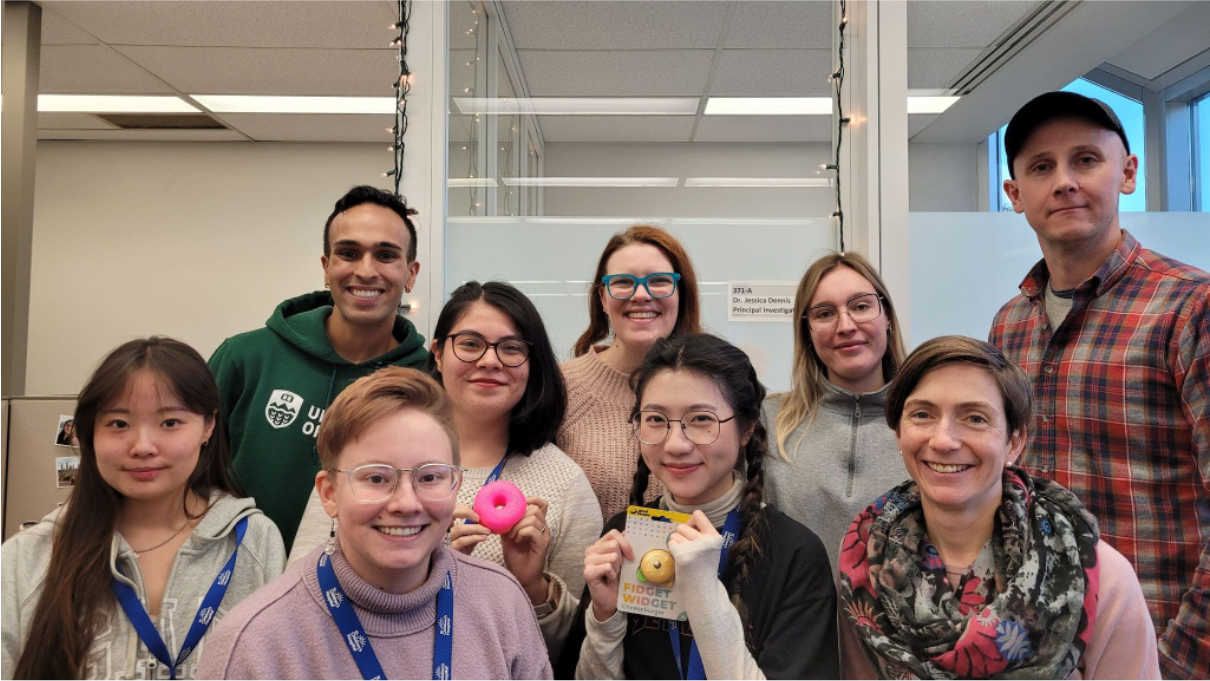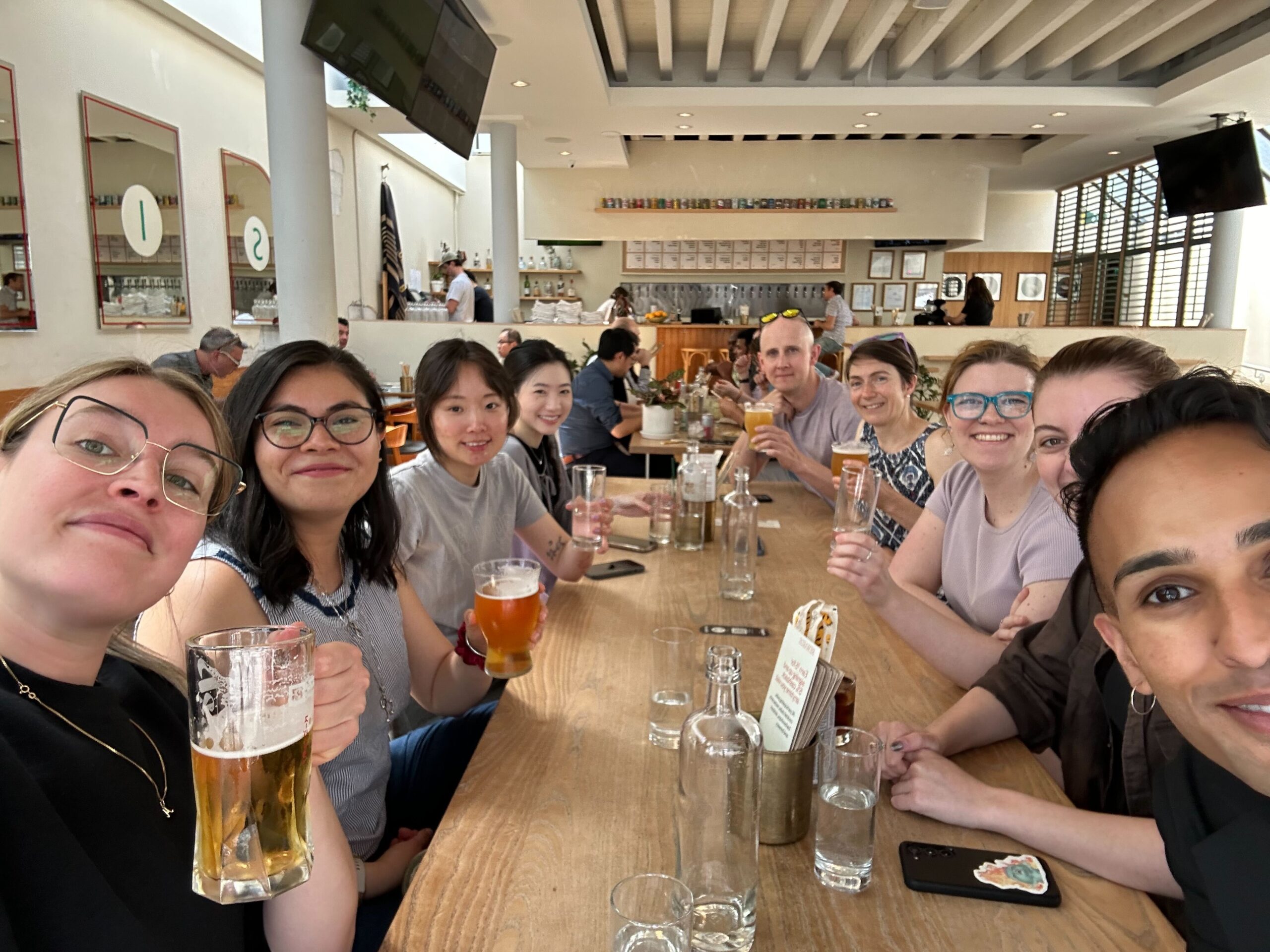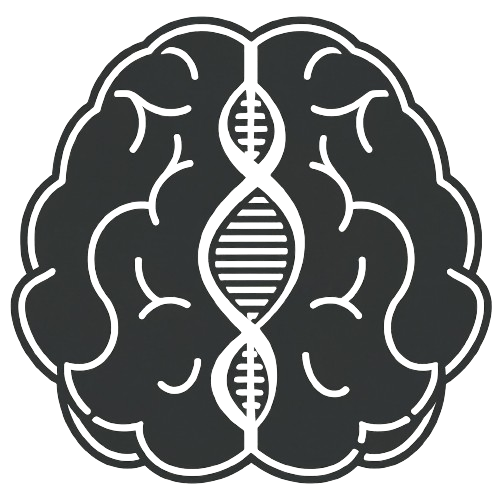LIFE COURSE
GENETIC EPIDEMIOLOGY

We aim to understand how our genes, which are fixed at conception, interact with changing environments across time, and ultimately, affect traits and conditions that manifest throughout the lifecourse.
Why study life course genetic epidemiology?
Genetic epidemiology is the study of how genes affect health and disease in populations. Currently, a lot of what we know from genetic epidemiology is based on snapshots – studies of health and disease measured at a single point in time. Think of a genome-wide association scan (GWAS) that compares genetic factors in people with vs. without disease, or epigenetic studies that measure DNA methylation levels in a person’s blood at a single time point. But humans are not static over time, and in the Dennis Lab, we are not interested in taking pictures.
Instead, we want to make movies. Ultimately, we want to improve precision health by matching the right preventative strategy or treatment, to the right person, at the right time. To achieve this, we apply computational methods to large-scale genomic and population health datasets that include longitudinal measures of health and disease, collected at different life stages. Brain related traits are a major area of focus, because change over time is a hallmark of psychiatric and neurodegenerative conditions.
Explore our research themes below to learn more.
We study psychiatric conditions like depression, neurodegenerative conditions like Alzheimer’s disease, and the relationship between psychiatric and neurodegenerative conditions. We aim to better understand the genetic factors that associate with the emergence and development of psychiatric and neurodegenerative conditions over time, so that we can develop precision prevention and treatment strategies.
We use data from large-scale biobanks, which are collections of biospecimens (e.g., blood) linked to many different types of data on health behaviours, health outcomes (e.g., administrative health records), and environment. Increasingly, longitudinal data are being collected in biobanks, which allows us to study relationships between biological factors like genotype, and health changes over time.
While our genes are fixed at conception, environments change over time, and our genotype may influence how we react to these environments. We are exploring novel ways to statistically model gene-environment interactions, focusing on how exposures at different life stages become biologically embedded through our epigenome, and ultimately influence health outcomes.

“Humans are dynamic over time, yet longitudinal data analysis methods and life course views are only beginning to be applied in genetic epidemiology. Filling this gap requires adaptation and extension of existing methodology in order to move beyond the current static view of genotype-phenotype associations”
Dr. Jessica Dennis
Principal Investigator
The Heartbeat of Academic Research
Graduate students are central to everything we do in the lab. Their dedication, ingenuity, and tireless efforts are the backbone of research, pushing the boundaries of knowledge and fostering a collaborative environment that fuels academic excellence.





